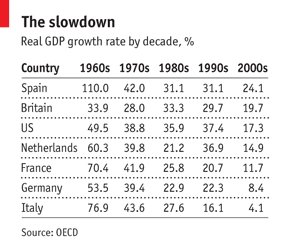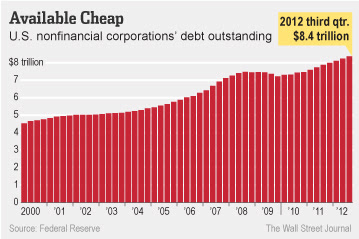Cliffhanger: The fiscal cliff bargaining game

The negotiations over the fiscal cliff in the US are entering its final stages . The current situation is a stand-still, where both sides know the concessions they need to make, but neither is willing to make the first move and loose leverage. The Republicans are unwilling to make concessions on tax increases to high-income earners, while the Democrats are refusing to reign in the welfare system and finally reform it. The situation is close to a classical hawk-dove game (or even better a game of deterrence in which neither of the two actors are willing to back off. We've heard arguments from both sides claiming that if no agreement is reached the other side is willing to “push” the US over the fiscal cliff. In particular if either of the sides is unwilling to back off from cutting spending or raising taxes , then both will have to agree to a status quo level of automatic deep spending cuts and big tax hikes. Only then will we experience the full effects of a comple...





